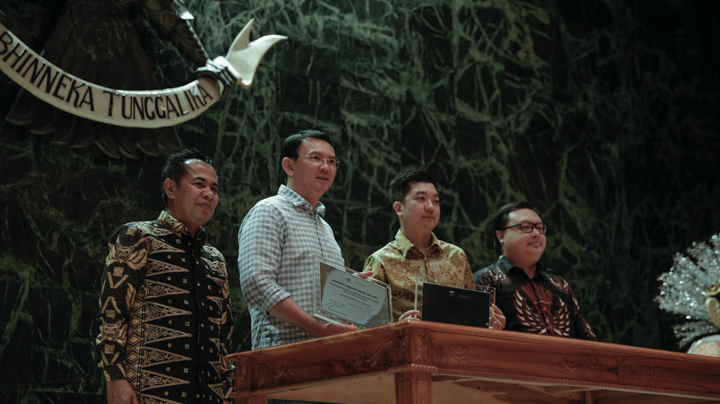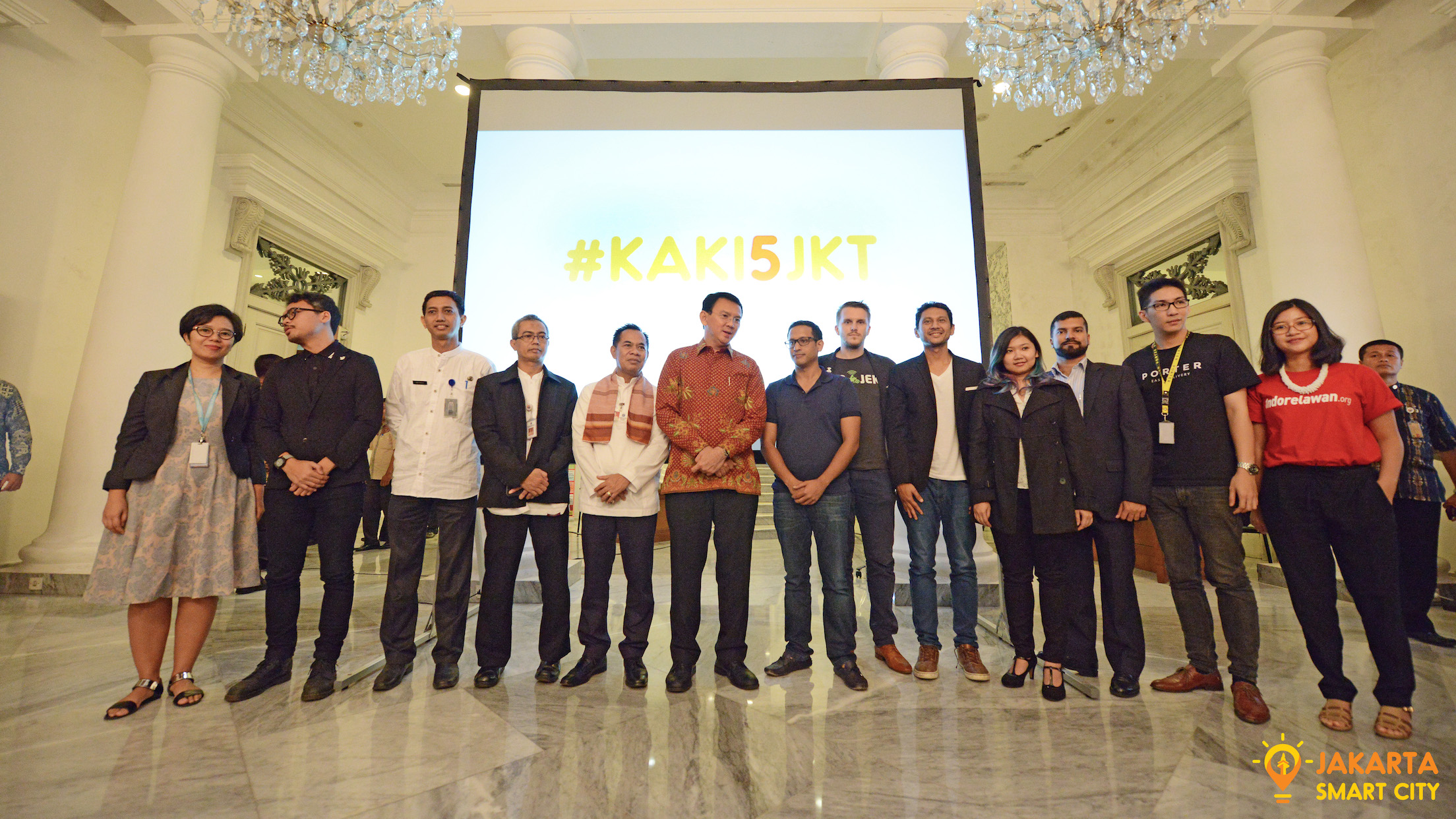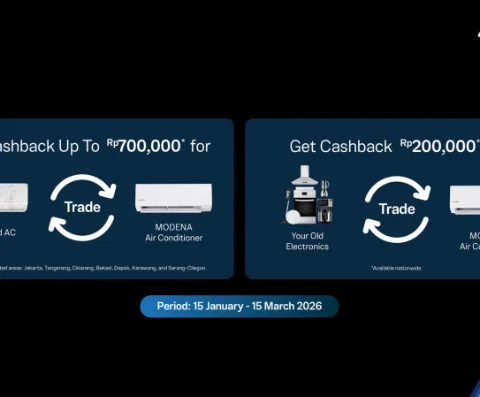
One of advantages offered by technology and digitalization is clear tracking record. This applies for all digital activities including financial transaction. DKI Jakarta’s Governor Basuki Tjahaja Purnama, often called Ahok, perceived this as a mean to minimize the number of corruption cases. His idea is to implement digital transaction model to reduce the number of untraceable cash transaction.
Indonesia is fighting against corruption. There have been numerous regional leaders who successfuly reduce the risk of corruption through technology, some by displaying financial reports lively and transparently on their official websites. The forementioned idea might be one of additional ammo which limit the movement of illegal transaction like bribery or other corruption-related crimes.
“Limiting cash is the idea (to reduce corruption). But it will draw brutal responses from corruptors,” Ahok told CNN Indonesia.
So far, the local government of DKI Jakarta has issued a policy which limits the daily withdrawal of civil servants up to Rp 25 million, and Ahok has planned on setting the limit even lower in the future.
“In Indonesia, people shouldn’t be able to withdraw cash worth more than 1 time regional minimum wage,” Ahok claimed.
According to Ahok, once all transaction are digitally done, the recap of the transaction will be more traceable. It really helps authorities to track down suspicious transaction.
“By limiting the transaction through bank account, we may find the culprit. For instance, when you want to bribe someone with Rp 1 billion, how to withdraw the money? You’ll get suspected,” Ahok explained.
The idea he coined does make sense. By “forcing” everyone to do trasaction digitally, the transaction will be automatically noted in the system (in this case, the bank). Although it may, and it will, draw pros and cons, people surely expect their government to maximize the use of technology to fight against corruption.









